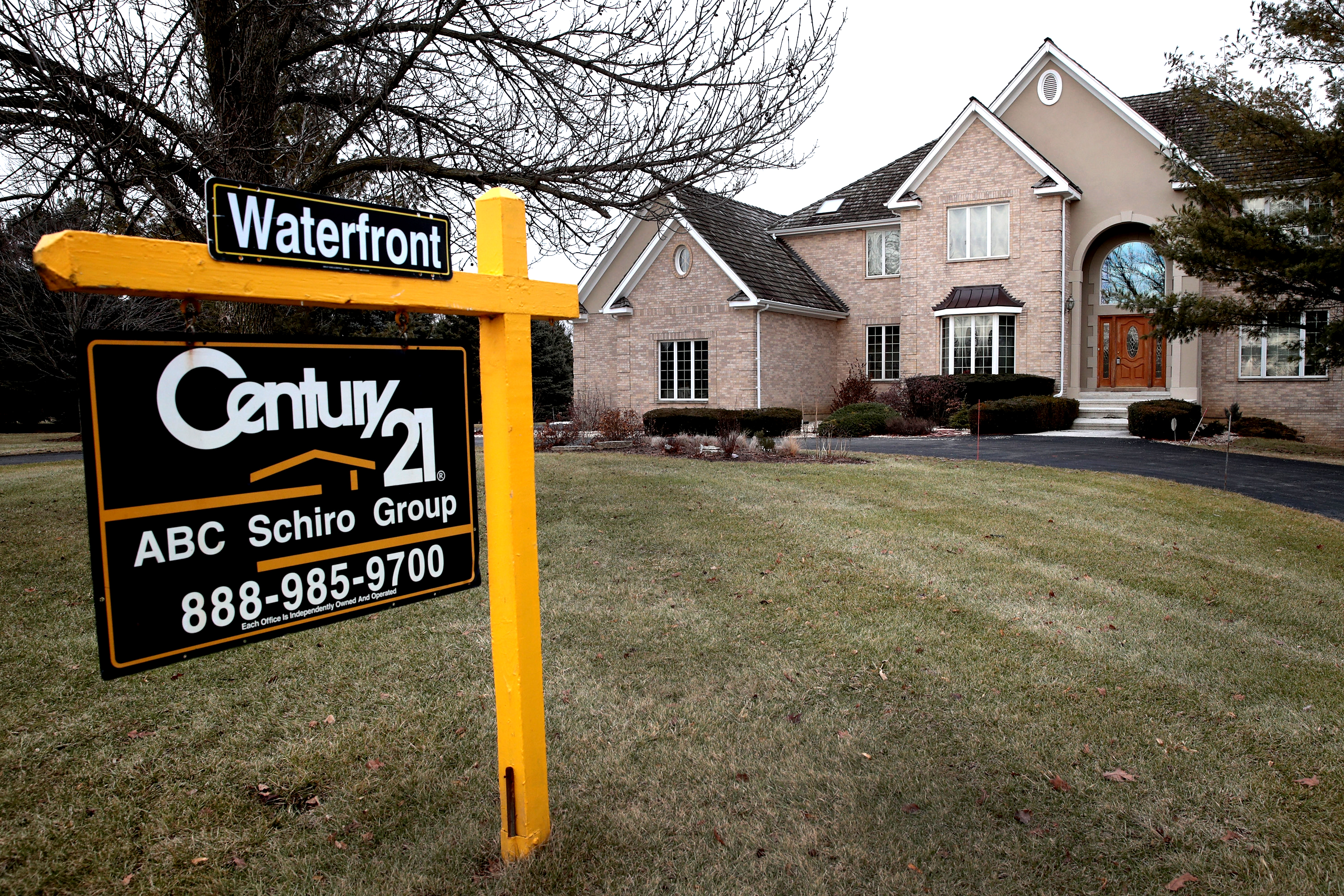The mortgage pain point
And more of the week’s best financial advice

A free daily email with the biggest news stories of the day – and the best features from TheWeek.com
You are now subscribed
Your newsletter sign-up was successful
Here are three of the week's top pieces of financial advice, gathered from around the web:
The mortgage pain point
Interest rates on the most common type of mortgage topped 5 percent last week for the first time since January 2011, said Wolf Richter at WolfStreet, and another point higher will hit the "pain threshold" for the housing market. Thirty-year fixed rates for "conforming loans" — mortgages for single family homes priced below $453,100, with a 20 percent down payment — are now at 5.05 percent, up from below 4 percent in 2016. While that's still a historically low number, it's likely to rise as the Federal Reserve steadily lifts the interest rate it charges to banks. A 6 percent rate would take mortgages close to where they stood in the housing bubble. That "will block a considerable number of potential buyers from buying at current prices." Cities where prices have "surged" as much as 55 percent from their housing bubble peak — including Seattle, San Francisco, and Denver — could be hit particularly hard.
The Week
Escape your echo chamber. Get the facts behind the news, plus analysis from multiple perspectives.

Sign up for The Week's Free Newsletters
From our morning news briefing to a weekly Good News Newsletter, get the best of The Week delivered directly to your inbox.
From our morning news briefing to a weekly Good News Newsletter, get the best of The Week delivered directly to your inbox.
Child care for Starbucks workers
Starbucks this week began providing its employees with 10 days a year of heavily subsidized backup child and senior care, said Benjamin Romano at The Seattle Times. If an employee's child care falls through — if school is canceled, for example — the worker can put a child in a day-care center for $5 a day, or hire in-home care for $1 an hour. Starbucks says the program will help its 180,000 U.S. employees "come to work with fewer worries." Many companies have cut child-care benefits over the past 20 years: only 3 percent of employers now offer subsidized child-care centers, down from 9 percent in 1996.
Hailing a hospital ride
Ride-hailing services could help shrink the $14 billion a year that Americans spend on ambulance rides, said Austin Frakt at The New York Times. A trip in an ambulance can cost thousands of dollars, "and a lot of it may not be covered by insurance." Studies also find that nearly a third of rides are inappropriate — ambulances cart many people with minor injuries. For nonemergency medical transportation, Uber and Lyft might be a better and cheaper option. Both companies now offer services that let health-care providers order rides for patients. Or you could hail a car with your own app. "An advantage of arranging your own ride is that you can direct it to a hospital or doctor's office of your choosing." Ambulances only take patients to hospitals "and typically to the nearest one."
A free daily email with the biggest news stories of the day – and the best features from TheWeek.com